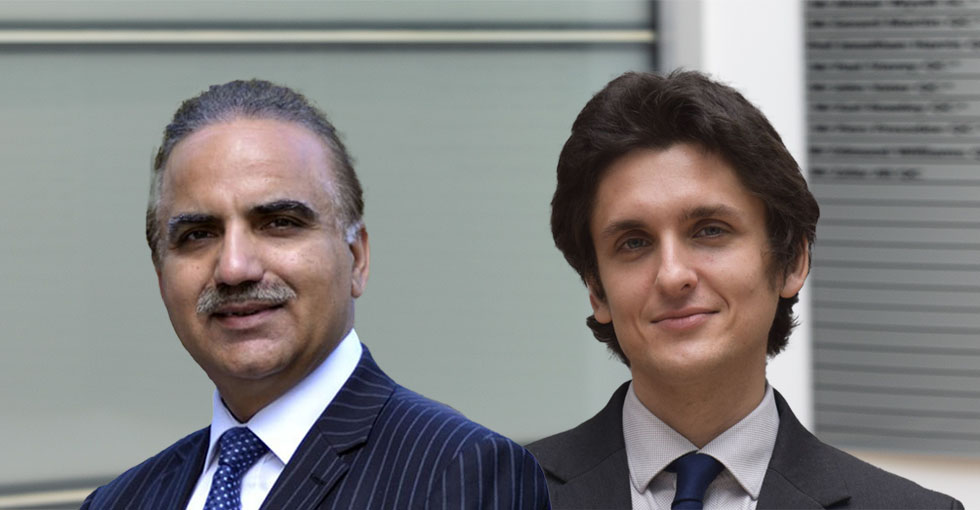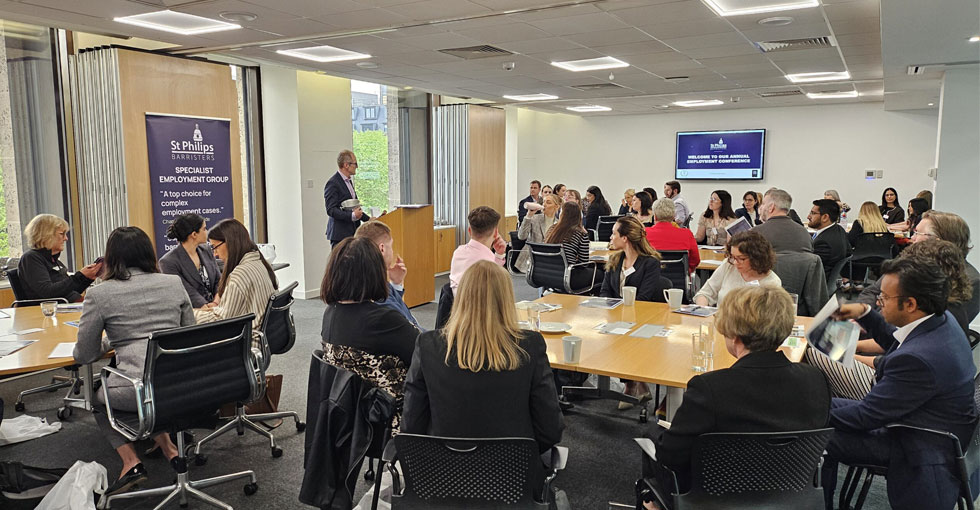For further details of the below please visit the BAILII case link >>>
In these two appeals, Alexander Rozycki of St Philips Chambers, led by Arfan Khan of 42 Bedford Row, acted for the Appellant, neither of whom appeared below.
The appeals raised a number of important points of practice and principle. Most notably, Matthew Gullick QC, sitting as Deputy Judge of the High Court in the EAT, found a procedural irregularity in the context of an application for reconsideration when the ET had represented to the parties that the application would be subject to substantive determination under Rule 72(2) but then proceeded to dismiss the Appellant’s application summarily under Rule 72(1).
Notwithstanding this irregularity, the EAT concluded that the application could not have been successful in any event, because it sought to challenge the ET’s reasons and not the result which was otherwise favourable to the Appellant.
The EAT considered the correct test for the determination of “exceptional circumstances” in Rule 30A. It agreed with the Appellant that the category of exceptional circumstances is not closed, and it is a question for the judgment of the ET in each case as to what constitutes exceptional circumstances.
The EAT further accepted the Appellant’s argument that the overriding objective in Rule 2 applies to “any power” given to the ET under the Rules, so “including the power to adjourn in Rule 30A(3).” This meant that the question before the ET was whether there were exceptional circumstances rather than a separate test of fairness which was satisfied in any event.
The EAT also considered whether there had been an infringement of the Appellant’s Article 8 rights where the ET had directed a case management to be held in private, and where reference was made to the contents of the private hearing in the course of a hearing in which members of the public were permitted to attend. The EAT rejected the contention that Article 8 was engaged, as it found that the concept of a private hearing in a Court or Tribunal is not the same as a litigant’s private life.
The EAT rejected the contention that a reasonable expectation of privacy arose from the terms of the ET’s Notice of Hearing directing that the hearing be in private. The EAT held that, even if Article 8 had been engaged, the ET had not erred in the balancing exercise when considering an application under Rule 50. The EAT rejected the Appellant’s contention that the ET was perverse.










